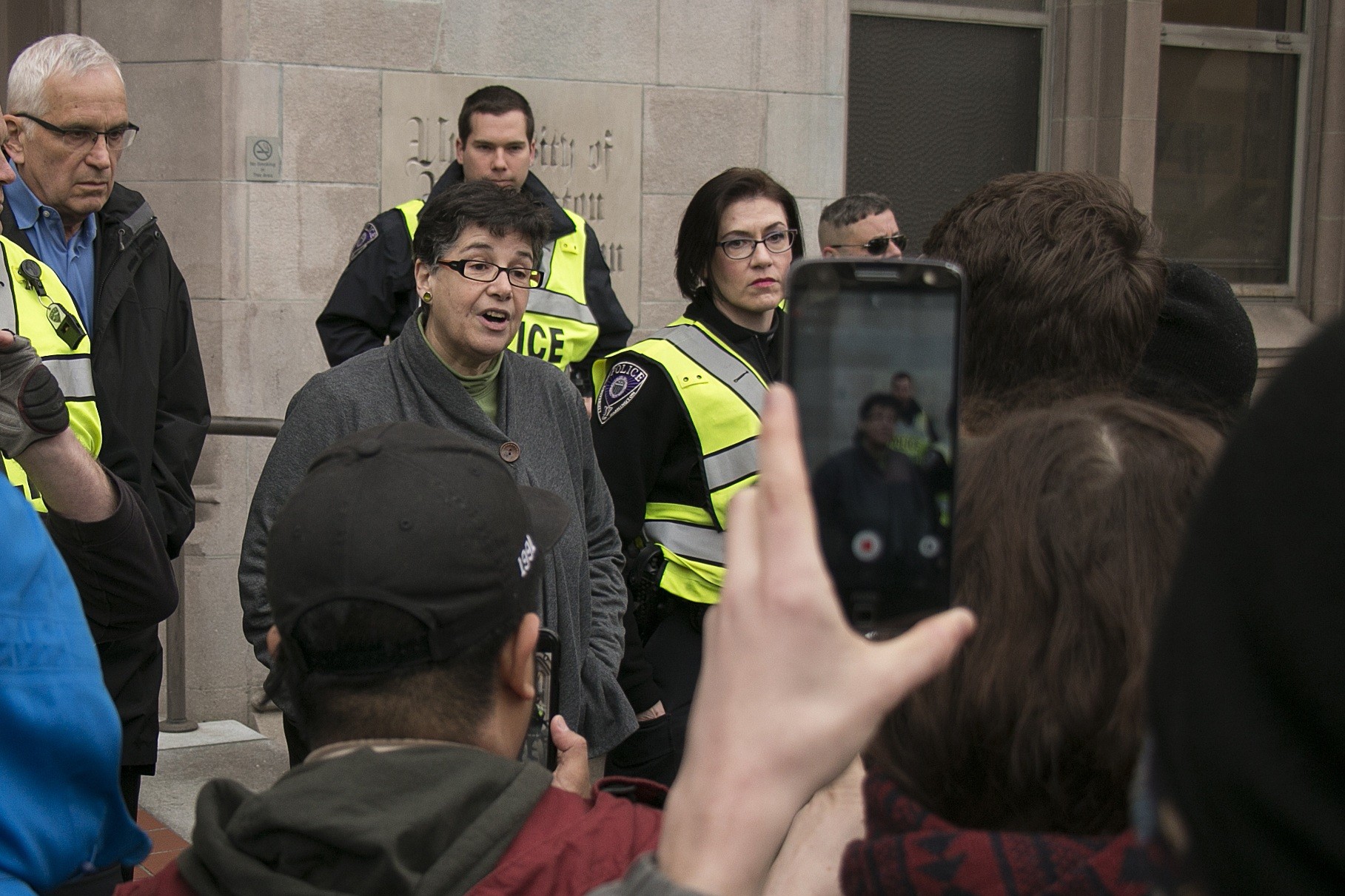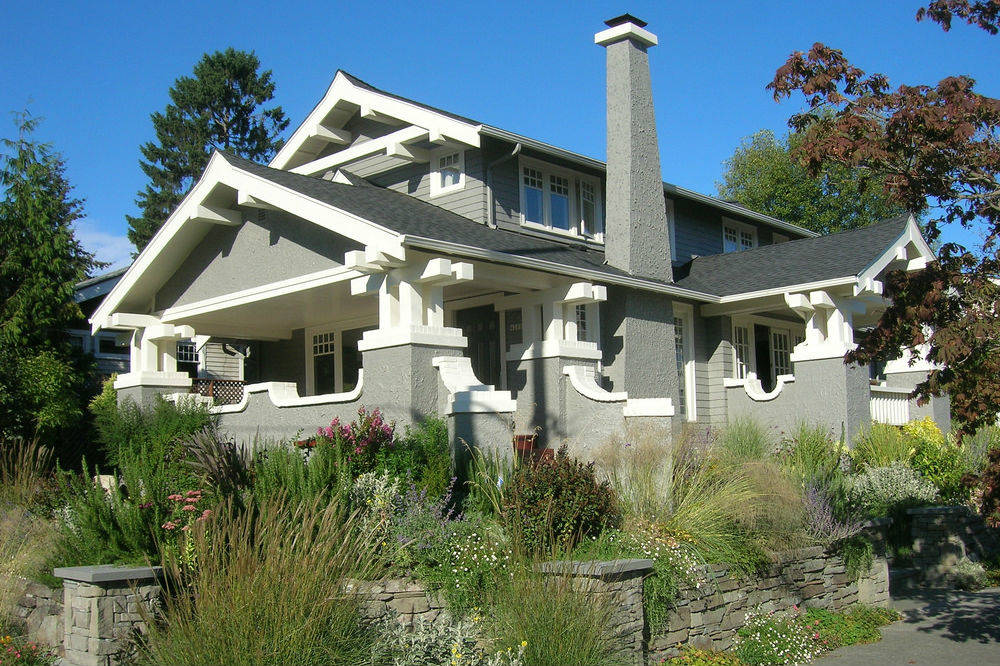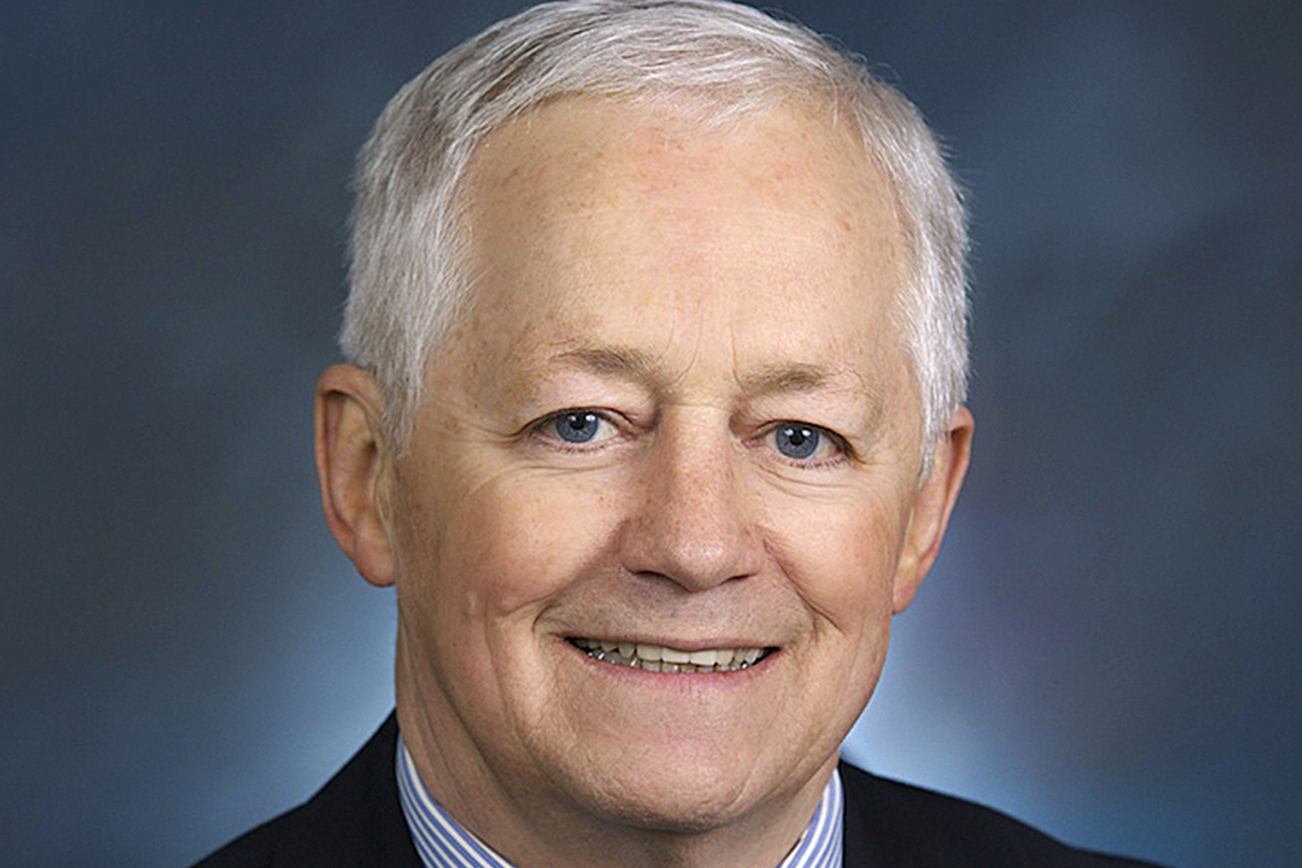Two weeks after Milo Yiannopoulos’ appearance at University of Washington—outside of which a 32-year-old man was shot by a fan of the the Breitbart News editor—UW Police Department is still investigating what happened that evening at Red Square.
On Thursday, UWPD reported that its investigation led to search warrants to identify and preserve evidence for the case. As the suspected shooter—a current UW student—was let go without being charged, the department reported that detectives are in touch with attorneys representing people who identified themselves as involved in the incident.
“Due to its sensitive nature, the Court sealed the search warrants to preserve the integrity of the investigation. At this time, detectives are still identifying witnesses that may have information that is pertinent to the investigation,” a statement from the department says.
But the shooting is not the only thing that seems unclear these days, as members of the UW community have been debating a hot issue following the Milo event.
Where is the line dividing free speech from hate speech?
Shon Meckfessel maintains the speech should never have taken place. That’s a stance many on campus are taking.
“Milo’s speech is threatening and excites violence without a question,” said Meckfessel, who wrote a PhD dissertation about rhetorics at UW and is now an English faculty member at Highline College. “When you have acts of violence before his campus talks or as a result of his presentations, it’s unambiguous that his words are threatening and incite violence. That, by legal definition is the end of free speech. There’s no longer protected speech when that happens.”
The debate over Yiannopoulos long preceded his arrival on campus.
A Change.org petition to ban “renown bigot and misogynist” Yiannopoulos’ appearance at UW received 4,640 signatures while 733 people backed a counter-petition asking UW president Ana Mari Cauce to allow the event in the name of free speech.
Cauce opposed Yiannopoulos’ rhetoric and said that his discourse stood against the university’s values and social commitment in a statement updated Jan. 6.
“He generates heat, not light, and his manner of engagement is anything but civil, respectful or conducive to true dialogue across differences, of which we need more, not less… Please be assured, the fact that he is speaking at our University does not mean that he in any way represents our University or our values,” the statement says.
Earlier this week, she maintained that stance when confronted by a group of protesters.
“I take responsibility. There’s no question,” Cauce told the crowd, before saying that Yiannopoulos should have been allowed to protest. As Cauce wrote in her statement:
“The right to free speech and expression is broad and allows for speech that is offensive and that most of us would consider disrespectful, and even sexist or racist. As a public university committed to the free exchange of ideas and free expression, we are obligated to uphold this right.”
Kai Frenay, secretary of the UW College Republicans—the group that issued the official invitation to the controversial Breitbart man—saw bringing Yiannopoulos to UW campus as an opportunity to challenge students’ beliefs and learn from different perspectives.
“When the campus tries to silence or shame you for those perspectives, it sort of negates the whole point,” Frenay told UW Daily Nov. 3. “There are a lot of things Milo says that I don’t agree with. To block him though means blocking freedom of speech.”
news@seattleweekly.com
CORRECTION An earlier version of this story indicated that the suspected shooter was a former UW student. Subsequent reporting from the South Seattle Emerald has found that he is currently enrolled. The story has been corrected.







